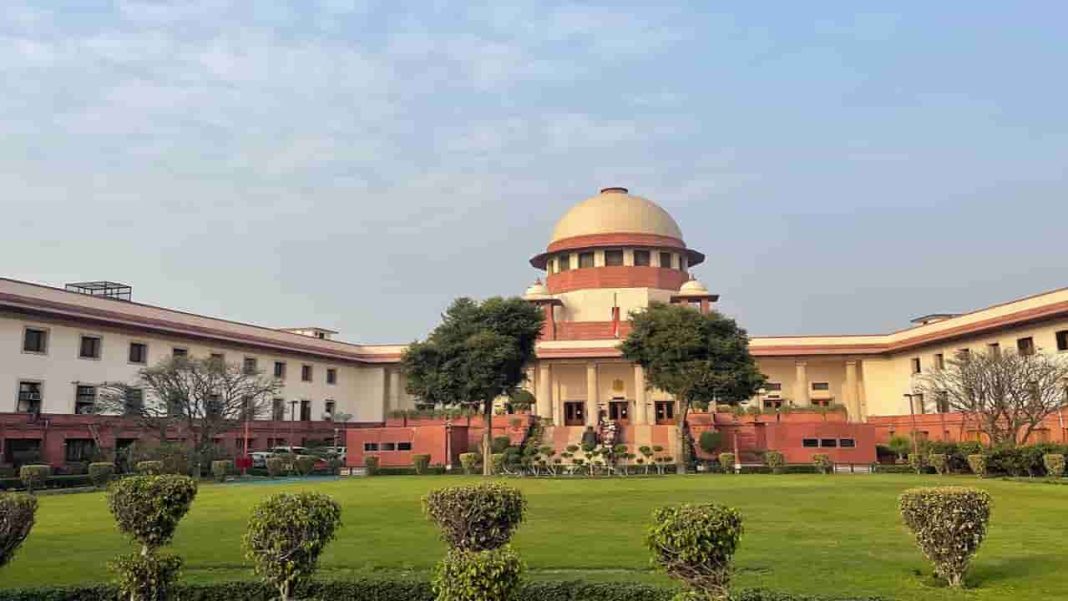The Supreme Court has observed that an ”atypical” manifestation of a family unit is as real as its traditional counterpart and deserves equal protection under the law. It also mentioned that the “Familial relationships may take the form of domestic, unmarried partnerships or queer relationships”.
The Court mentioned that the concept of a “family” as per the law and society predominantly consists of of a single, unchanging unit with a mother and a father (who remain constant over time) and their children.
A bench of Justice DY Chandrachud and Justice AS Bopanna said this in an order which was uploaded on Sunday, although the observations were made on a judgement delivered on August 16.
The bench said that the concept of unchanging unit over a period of time is an assumption “This assumption which ignores many circumstances that may lead to a change in one’s familial structure, and the fact that many families do not conform to this expectation to begin with.
The bench explained that the familial relationships may take the form of domestic, unmarried partnerships or queer relationships.”
These observations hold a very significant point that has been many activists who are raising the issue of recognising LGBT marriages and civil unions as well as allowing live-in couples to adopt after the apex court decriminalised homosexuality in 2018.
The remarks on the same were made by the bench which held that a working woman cannot be denied her statutory right to maternity leave for her biological child only because her husband has two children from a previous marriage and she had availed the leave to take care of one of them.
Talking about the households, the bench said that any household can be a single parent household for reasons, including the death of a spouse, separation, or divorce.In the same breathe, the court added that
the guardians and caretakers (who traditionally occupy the roles of the “mother” and the “father”) of children may change with remarriage, adoption, or fostering.”
The Court said that manifestations of love and families may not be typical but they are as real as their traditional counterparts and deserving not only of protection under the law but also of the benefits available under social welfare legislation.
Justice DY Chandrachud, who wrote the verdict said that “The black letter of the law must not be relied upon to disadvantage families which are different from traditional ones. The same undoubtedly holds true for women who take on the role of motherhood in ways that may not find a place in the popular imagination.”
The bench added that till the time a purposive interpretation was not added in the present case, the object and intent of the grant of maternity leave would simply be defeated.
The verdict says that “The grant of maternity leave under Rules of 1972 is intended to facilitate the continuance of women in the workplace.It added that it is a sad truth that many women are compelled to quit jobs due to the social circumstances after the birth of a child, if they are not granted leave and other facilitative measures.
The most important part that was added by the bench was that no employer should perceive childbirth as detracting from the purpose of employment and childbirth has to be construed in the context of employment as a natural incident of life.


